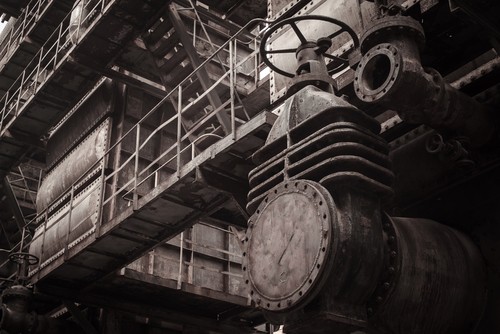The manufacturing industry today is one full of potential hazards, including those directly facing employees on the ground and the company's financial wellbeing as a whole. As a result, many firms spend valuable resources trying to protect against these problems, and constantly ask questions about where and how to get better.
Thankfully, there are plenty of answers out there on this precise subject. Above all else, manufacturing firms should spend time looking at the less-obvious risks, since many of these can directly impact workers compensation and property and casualty insurance. A risk management plan that addresses these key topics is often better suited to protect the company's financial future.
Identify broad categories of risk
The manufacturing industry copes with a wide range of risks, which means a risk management plan that doesn't cover all of these categories could be leaving dangerous gaps in coverage. In order to fix this, firms should first figure out where hazards might fall within the company.
According to LNS Research, one good place to start is with operational risk, or the dangers that could directly impact the firm's day-to-day operations. For example, these can include assets, people, processes and products. These are extremely broad, which may make them seem like a daunting task.
So, executives can then narrow it down to include:
- Environmental
- Health
- Safety
- Quality
- Compliance
Once these categories are fine-tuned, it will be easier to assess the potential problems for the manufacturing firm. However, it requires a bit more effort once the categories are defined.
Steps to cope with manufacturing risk
Hazards can appear in many different forms for a manufacturing company, from the transportation of goods and materials to the supply chain or a social media presence. However, there are a number of ways to cope with these problems.
According to IndustryWeek, if problems constantly arise during the transportation phase of the business, it may be wise to consider other modes of travel, or change the routes to be more effective. In addition, a warehouse could be assembled near the facility so any problems don't slow down production times.
Moreover, every company, including those in manufacturing, have to be aware of reputation online. While social media can be a great way to market the company, it can also lead to public relations problems. IndustryWeek recommended taking advantage of these tools instead, in order to quickly address customer complaints. Doing so in a respectful manner can be a fantastic way to put a positive spin on a problem and keep the firm on track.



